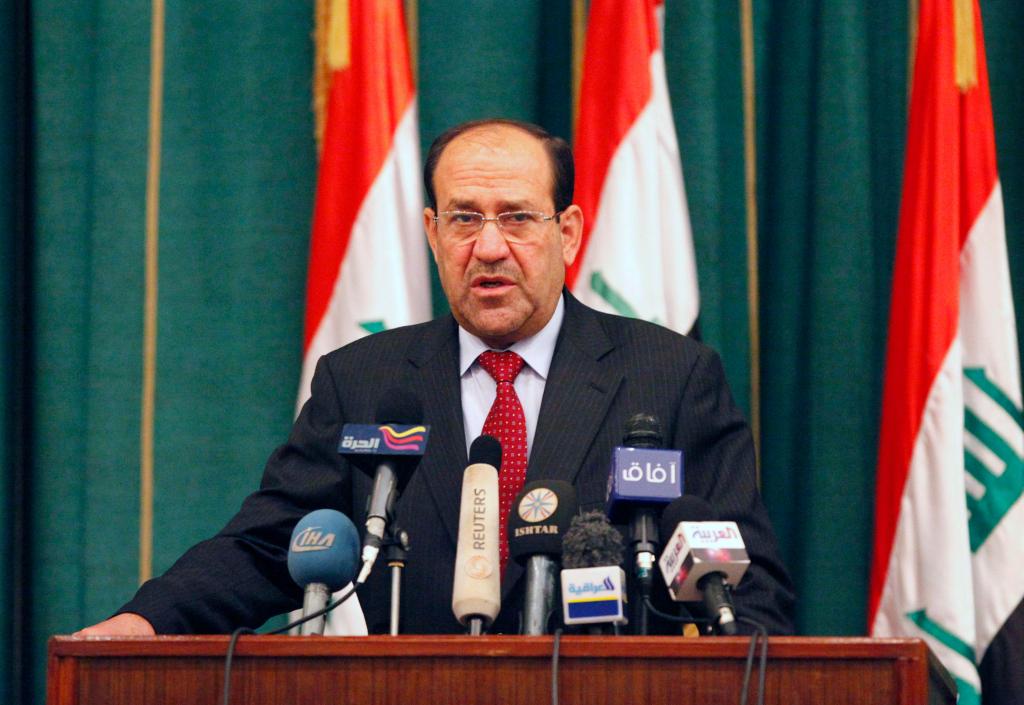BAGHDAD — Partial election results released Sunday for all of Iraq’s 18 provinces showed Prime Minister Nouri al-Maliki’s coalition ahead of formidable rivals, both secular and religious, in a tight race that’s complicated by a glacial vote-counting process and allegations of fraud.
Al-Maliki’s opponents and independent political observers, however, cautioned against calling the election just yet because the tallies so far are incomplete.
None of the 18 provinces had all votes counted by late Sunday, a week after the election, according to the commission’s figures. The electoral commission has come under intense criticism for releasing results in dribs and drabs, in most provinces before the commission’s own 30 percent threshold of votes counted was reached.
Al-Maliki’s State of Law bloc is leading in seven provinces, including the key battleground of Baghdad, where the most seats were up for grabs in the March 7 parliamentary election. Al-Maliki, a Shiite Muslim conservative who rebranded himself as a nationalist candidate, is widely credited for security gains the U.S. military hopes will hold until the full withdrawal of American forces by the end of next year.
The secular, mixed-sect coalition anchored by former premier Ayad Allawi leads in five provinces, while the main Kurdish ticket and an Iranian-backed alliance of Shiite religious parties are leading in three provinces apiece, according to the partial figures released by Iraq’s Independent High Electoral Commission, the body overseeing the election.
“They’re partial results and, anyway, these results don’t match ours. We’ve demanded for the commission to announce the results from the polling stations on its Web site,” said Maysoun al-Damlouji, a candidate on and a spokeswoman for Allawi’s Iraqiya slate. “If we see that the figures match, there will be reassurance that the elections haven’t been manipulated.”
Who’s ahead could shift in some southern provinces, where al-Maliki’s bloc is battling the Shiite religous Iraqi National Alliance for the Shiite heartland, and in some northern provinces, where Allawi’s coalition and the Kurds are squaring off in races colored by tensions between Sunni Arabs and Kurdish factions.
Election commission officials have offered a number of reasons for the delayed counting: an overwhelmed computer server, slow employees and fraud allegations.
Send questions/comments to the editors.



Success. Please wait for the page to reload. If the page does not reload within 5 seconds, please refresh the page.
Enter your email and password to access comments.
Hi, to comment on stories you must . This profile is in addition to your subscription and website login.
Already have a commenting profile? .
Invalid username/password.
Please check your email to confirm and complete your registration.
Only subscribers are eligible to post comments. Please subscribe or login first for digital access. Here’s why.
Use the form below to reset your password. When you've submitted your account email, we will send an email with a reset code.